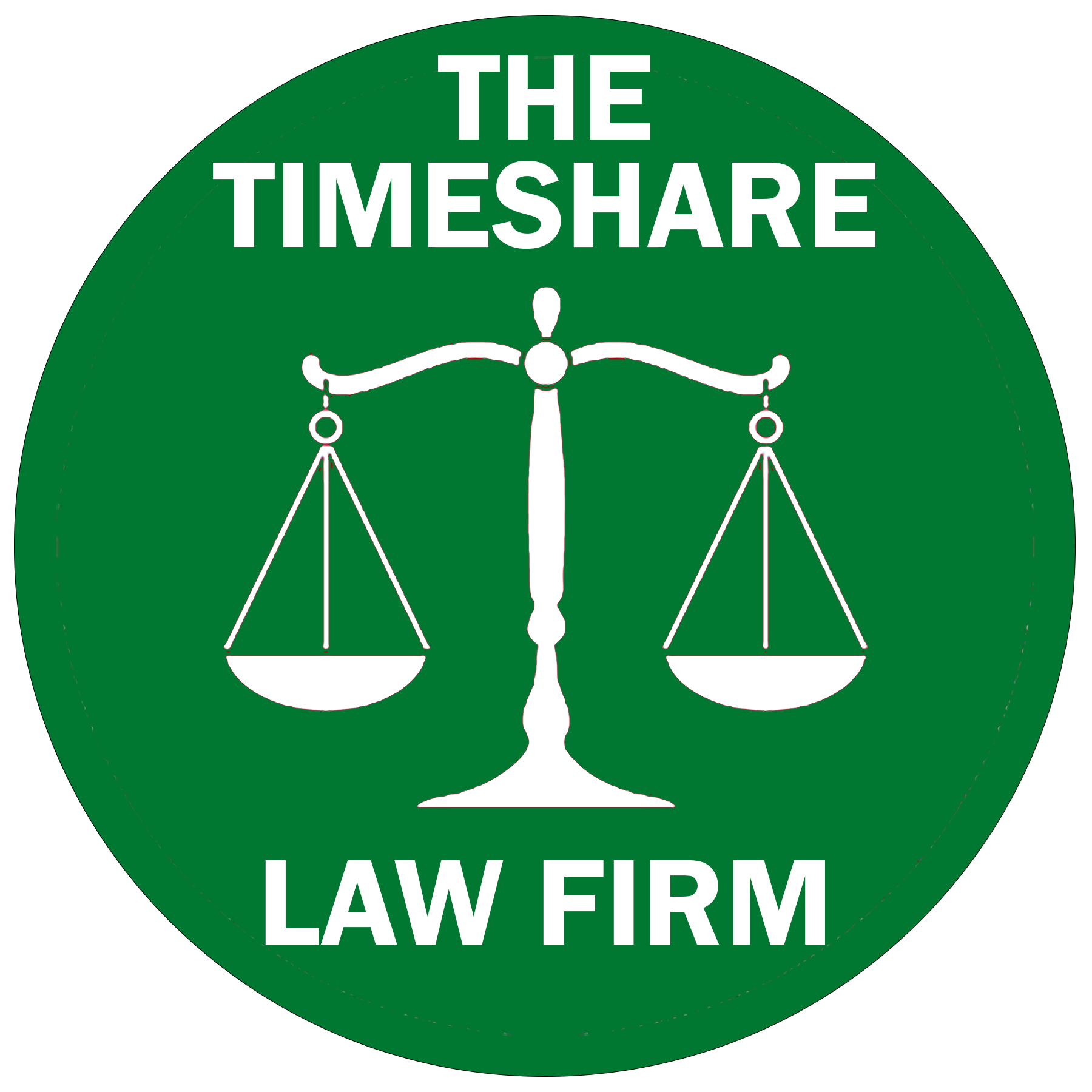Colorado
Liable Charges: Injunction, Contempt of Court
“(a) A lawyer shall not:
(1) practice law in this jurisdiction without a license to practice law issued by the Colorado Supreme Court unless specifically authorized by C.R.C.P. 204 or C.R.C.P. 205 or federal or tribal law;
(2) practice law in a jurisdiction where doing so violates the regulations of the legal profession in that jurisdiction;
(3) assist a person who is not authorized to practice law pursuant to subpart (a) of this Rule in the performance of any activity that constitutes the unauthorized practice of law; or
(4) allow the name of a disbarred lawyer or a suspended lawyer who must petition for reinstatement to remain in the firm name.
(b) A lawyer shall not employ, associate professionally with, allow or aid a person the lawyer knows or reasonably should know is a disbarred, suspended, or on disability inactive status to perform the following on behalf of the lawyer’s client:
(1) render legal consultation or advice to the client;
(2) appear on behalf of a client in any hearing or proceeding or before any judicial officer, arbitrator, mediator, court, public agency, referee, magistrate, commissioner, or hearing officer;
(3) appear on behalf of a client at a deposition or other discovery matter
(4) negotiate or transact any matter for or on behalf of the client with third parties;
(5) otherwise engage in activities that constitute the practice of law; or
(6) receive, disburse or otherwise handle client funds.
(c) Subject to the limitation set forth below in paragraph (d), a lawyer may employ, associate professionally with, allow or aid a lawyer who is disbarred, suspended (whose suspension is partially or fully served), or on disability inactive status to perform research, drafting or clerical activities, including but not limited to:
(1) legal work of a preparatory nature, such as legal research, the assemblage of data and other necessary information, drafting of pleadings, briefs, and other similar documents;
(2) direct communication with the client or third parties regarding matters such as scheduling, billing, updates, confirmation of receipt or sending of correspondence and messages; and
(3) accompanying an active member in attending a deposition or other discovery matter for the limited purpose of providing assistance to the lawyer who will appear as the representative of the client.
(d) A lawyer shall not allow a person the lawyer knows or reasonably should know is disbarred, suspended, or on disability inactive status to have any professional contact with clients of the lawyer or of the lawyer’s firm unless the lawyer:
(1) prior to the commencement of the work, gives written notice to the client for whom the work will be performed that the disbarred or suspended lawyer, or the lawyer on disability inactive status, may not practice law; and
(2) retains written notification for no less than two years following completion of the work.
(e) Once notice is given pursuant to C.R.C.P. 251.28 or this Rule, then no additional notice is required.”
—RPC 5.5

